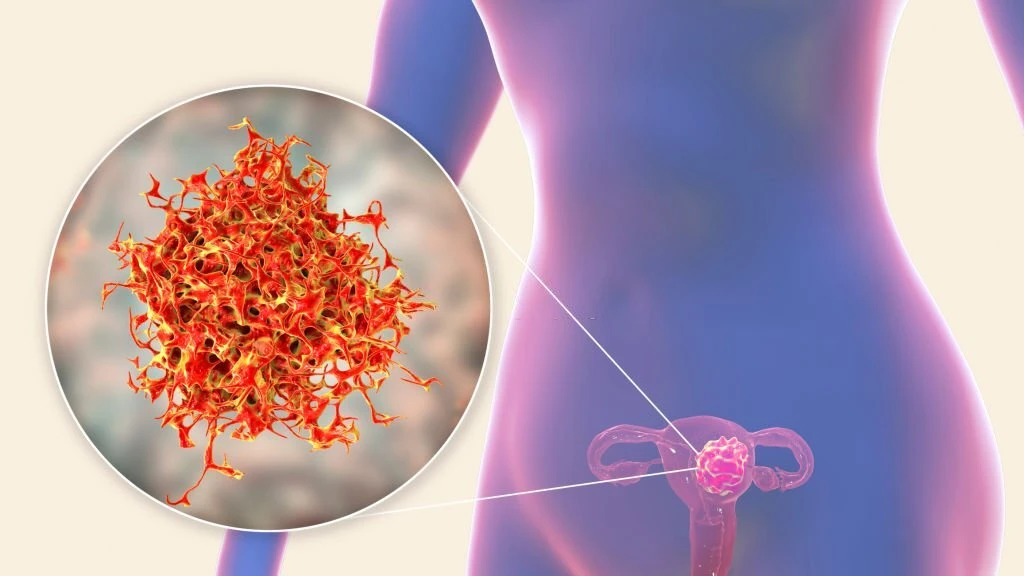Although you might not want to think too much about getting ill when you are going about your daily life, it is vital that you know the signs and symptoms of serious illness. Otherwise, you might not be able to get the treatment that you need in time, and you might find that your recovery time is longer, or that you are left with permanent side effects.
However, it can sometimes be difficult to know where to look when it comes to finding out more information about certain conditions. As such, here are some of the diseases that you should know more about in 2023.
1. Ovarian Cancer
Just less than 20,000 women will get a diagnosis of ovarian cancer this year, and yet many people do not know the symptoms of this illness. Some of the most common ovarian cancer symptoms include bloating, feeling sick, pain in your stomach and pelvic area, and feeling full before you have eaten enough. Although these symptoms could be signs of other conditions and might even be mistaken for issues to do with your menstrual cycle, it is vital that you do not ignore them and that you get them checked out as soon as possible.
This is especially important if you are over the age of 50 or if your mother or sister has had ovarian cancer in the past. Catching ovarian cancer quickly is important, and over 50% of those diagnosed live over five years after diagnosis.
2. Autoimmune Disease
There are many different types of autoimmune diseases, and this means that it is important to be aware of how they can affect you, especially as a lot of their symptoms can be easy to ignore. For instance, you might believe that you are experiencing a usual amount of fatigue and tiredness, or you might think that your recurrent fever and swollen joints are just signs of arthritis and a bad winter. However, this is not always the case.
When you have an autoimmune condition, your body will attack healthy cells as well as those which are invaders. It can be hard to get diagnosed with an autoimmune condition, though, as there is no single way to diagnose it. You should not continue just going about your daily life, though, especially if you are overweight, smoke, are a woman, or have autoimmune conditions in your family.
3. Alzheimer’s
You might believe that you only have to worry about Alzheimer’s disease when you are extremely old. However, this is not the case, and it is common to get Alzheimer’s in your mid-60s, which might even be before you retire. You might even begin to notice symptoms in your 30s, and you might be diagnosed with an early onset version of the disease if that is the case. Some of the symptoms are also not as well known as others.
For instance, as well as memory loss, you might notice that you experience poor judgment. You might also find it hard to eat and struggle to use language and speak in the way you usually would, and the other people in your life might notice signs of depression and mood swings.

